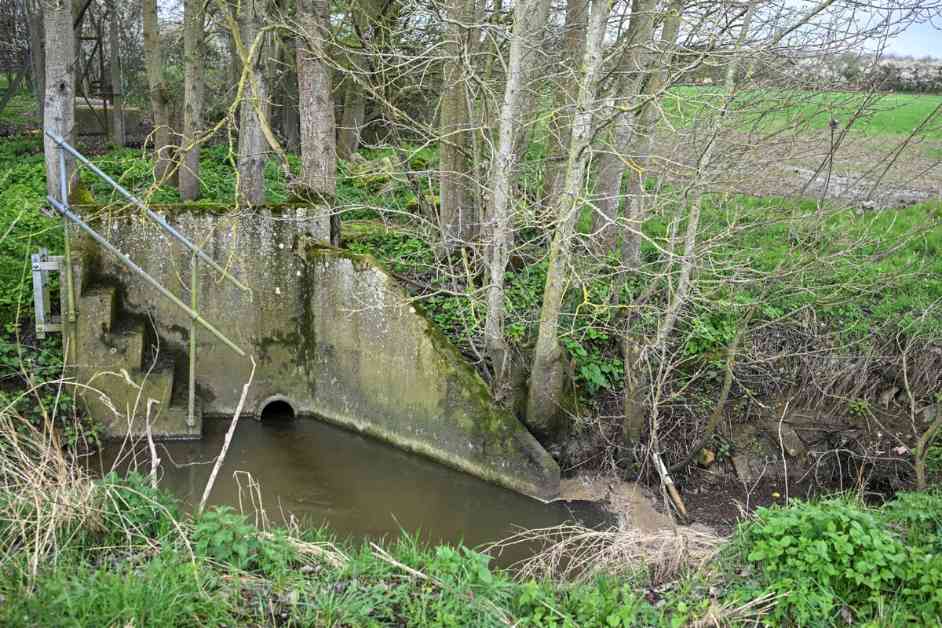Water regulator Ofwat has proposed fines totaling £168 million for three of England’s largest water companies due to their failure to manage wastewater treatment works effectively. The fines include a hefty £104 million penalty for Thames Water. According to Ofwat, these penalties are a result of severe mismanagement of sewage treatment works, which has led to significant environmental damage and customer impact.
Ofwat’s chief executive, David Black, described the investigation as the biggest ever conducted by the watchdog and revealed a “catalogue of failure” on the part of the water companies. He emphasized that these firms were releasing sewage into rivers and seas regularly, rather than following the law’s guidelines for exceptional circumstances only.
The proposed fines are currently up for consultation but would see Thames Water facing a £104 million penalty, Yorkshire Water a £47 million penalty, and Northumbrian Water a £17 million penalty. These fines amount to 9%, 7%, and 5% of the companies’ relevant turnover, respectively. Ofwat has the authority to fine companies up to 10% of their turnover.
Ofwat has assured that the companies will not be able to pass on the cost of these fines to customers. The regulator also stated that it would ensure customers are not doubly charged if additional maintenance is required as a result of these penalties.
These proposed fines are related to the initial three cases in Ofwat’s broader investigation. The regulator has committed to swiftly addressing eight more cases as part of their ongoing efforts to hold these companies accountable for their actions.
Mr. Black emphasized the severity of the water companies’ failings and Ofwat’s determination to enforce stricter measures to ensure cleaner rivers and seas. He called on the companies to act promptly to rectify the situation, meet their obligations to customers and the environment, and improve their environmental stewardship moving forward.
Looking ahead, Ofwat aims to enhance the companies’ performance under a new price control set to begin in April next year. The goal is to reduce sewage overflow spills by 44% by 2030 compared to 2021 levels, highlighting the regulator’s commitment to protecting the environment and public health.












